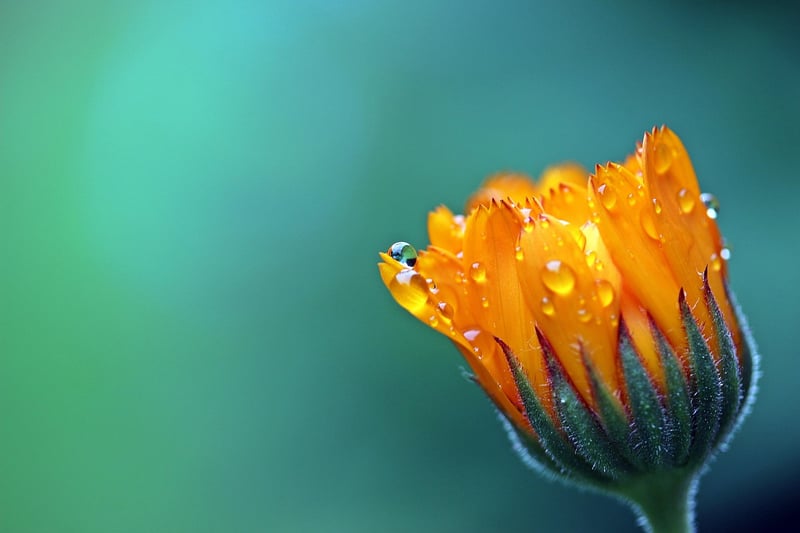Companion Planting
Effective Pest Management and Companion Planting in Your Garden
Keeping your garden free from pests and promoting plant growth can be achieved through a combination of effective pest management strategies and companion planting techniques. By utilizing natural methods and understanding the beneficial relationships between certain plants, you can create a thriving and harmonious garden ecosystem.
Pest Management Strategies:
1. Biological Controls: Introduce beneficial insects like ladybugs, lacewings, and parasitic wasps that feed on garden pests.
2. Organic Sprays: Utilize organic sprays made from ingredients like neem oil, garlic, or soap to deter common pests.
3. Companion Planting: Pair plants that naturally repel pests with susceptible plants to create a natural barrier.
Companion Planting:
Companion planting involves growing certain plants together to benefit one another in various ways, such as repelling pests, attracting beneficial insects, providing nutrients, and enhancing flavor. Here are some popular companion planting combinations:
- Tomatoes and Basil: Basil repels pests that commonly affect tomatoes, enhancing their growth.
- Marigolds and Vegetables: Marigolds deter nematodes and other pests, protecting neighboring vegetables.
- Cucumbers and Nasturtiums: Nasturtiums repel cucumber beetles and attract predatory insects.
- Carrots and Onions: Onions deter carrot flies, while carrots help repel onion flies.
Benefits of Companion Planting:
1. Natural Pest Control: By planting pest-repellent companions, you can reduce the need for chemical pesticides.
2. Improved Plant Health: Companion plants can enhance soil fertility, attract pollinators, and provide shade or support for neighboring plants.
3. Biodiversity: Diverse plantings can create a balanced ecosystem, reducing the risk of pest outbreaks.
By incorporating these pest management strategies and companion planting techniques into your gardening routine, you can create a sustainable and thriving garden environment while minimizing the use of harmful chemicals.

Remember, a healthy garden is a diverse garden that works in harmony with nature!
